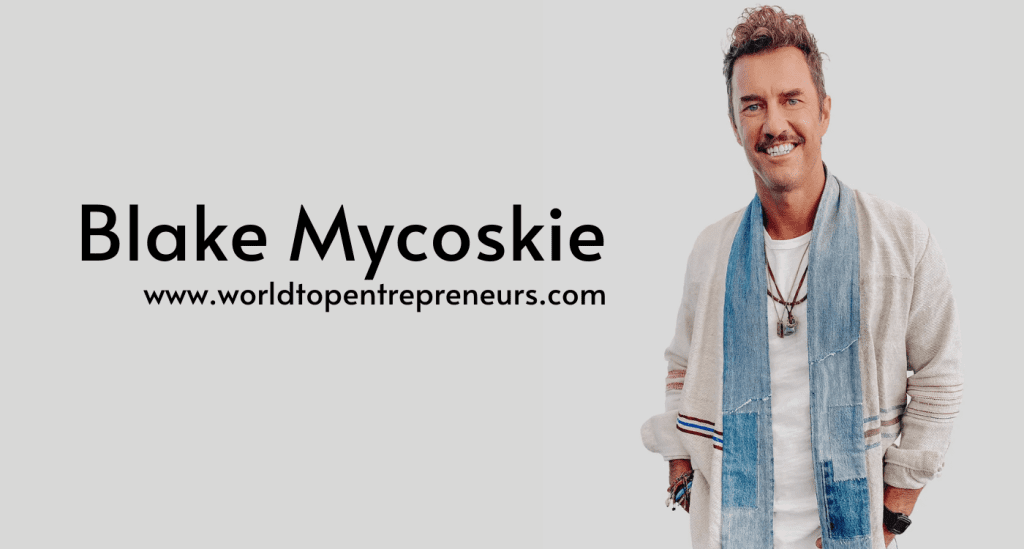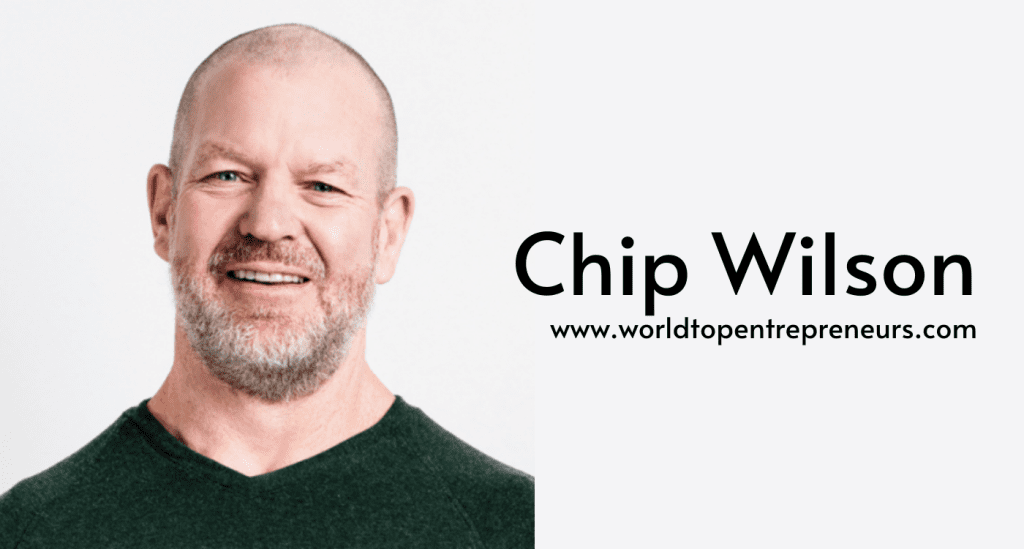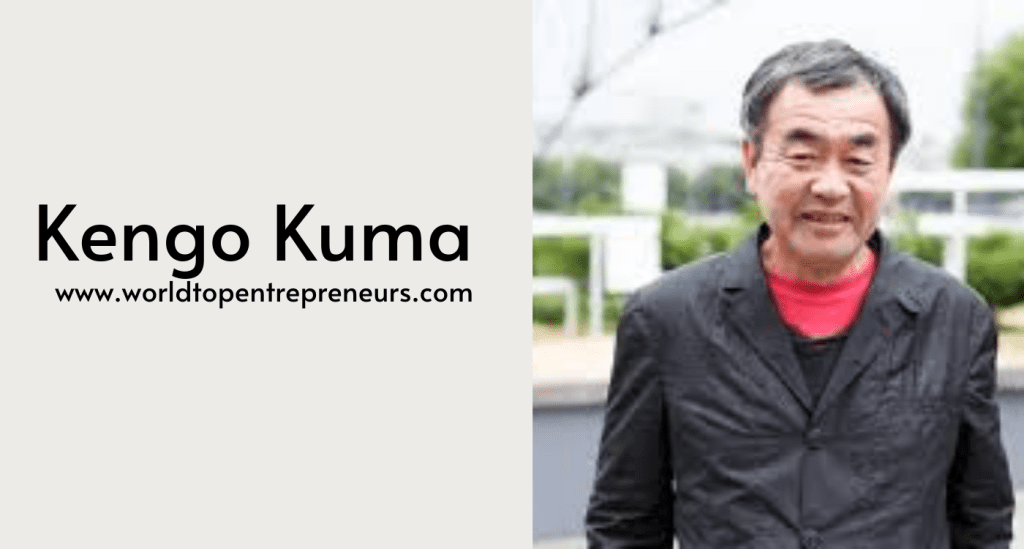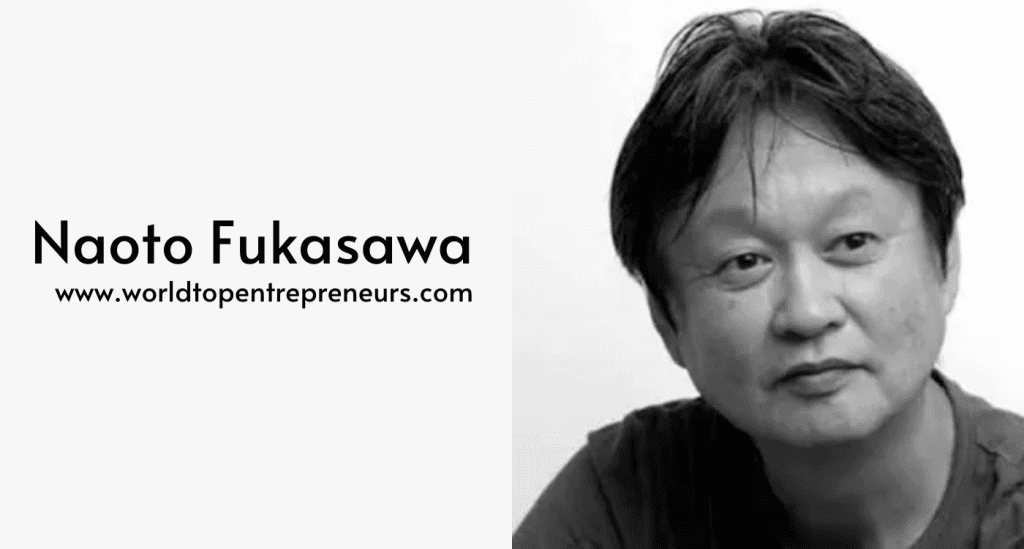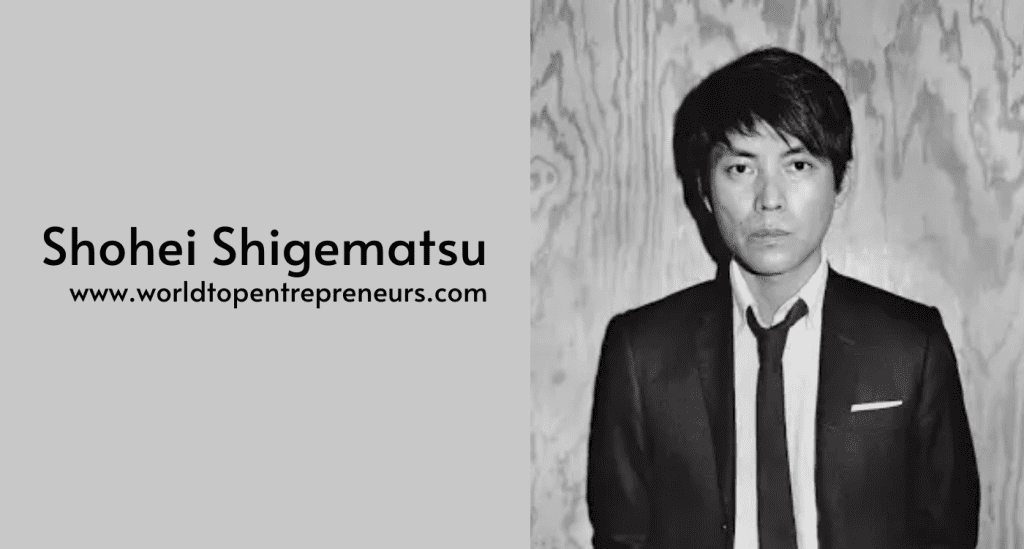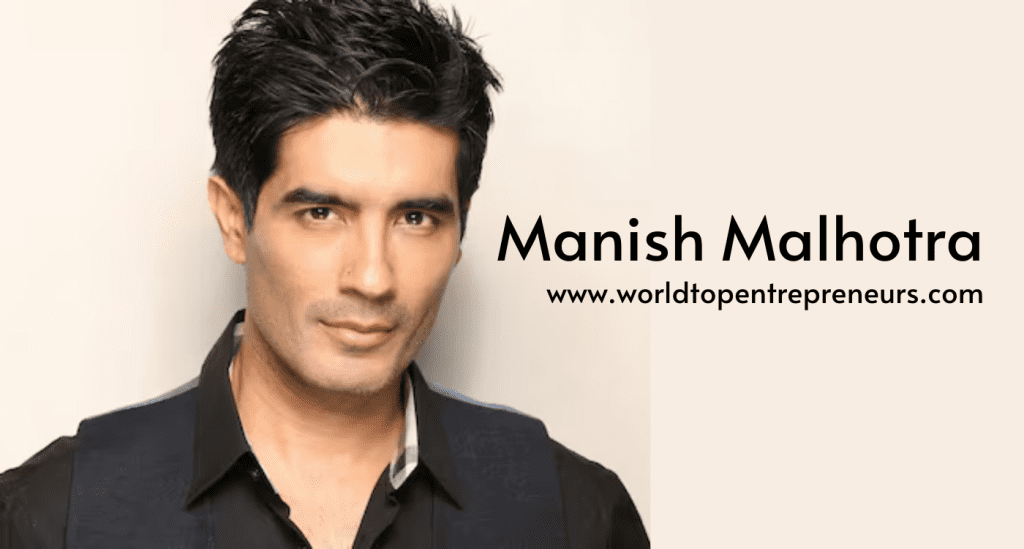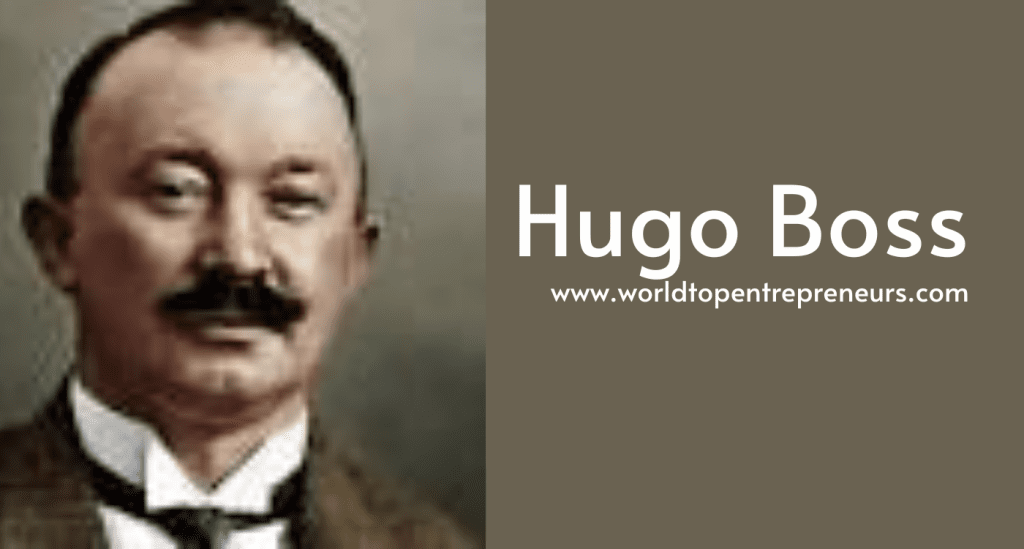In the realm where entrepreneurship meets altruism, Blake Mycoskie’s name resonates with a unique blend of business acumen and social responsibility. His journey, predominantly marked by the founding of TOMS Shoes, transcends the conventional narrative of corporate success. It is a tale of innovation, empathy, and a relentless pursuit of making a positive impact on the world.
Early Beginnings and Inspiration
Blake Mycoskie, born in 1976, grew up in a suburb of Arlington, Texas. From an early age, he displayed an entrepreneurial spirit, engaging in various small ventures that hinted at his future path. However, it was a trip to Argentina in 2006 that would alter the course of his life forever.
During his travels, Mycoskie encountered a significant social issue: children lacking proper footwear. This realization sparked a profound empathy within him. Witnessing the impact of barefootedness on children’s health and education inspired Mycoskie to devise a business model that could address this pressing need sustainably.
The Birth of TOMS Shoes
In 2006, TOMS Shoes was born out of Mycoskie’s vision to create a company that would operate on a one-for-one model: for every pair of shoes sold, another pair would be donated to a child in need. This simple yet powerful concept resonated deeply with consumers who sought to align their purchases with a meaningful social cause.
The early years were pivotal for TOMS as it gained traction not only as a footwear brand but also as a symbol of conscious consumerism. Mycoskie’s ability to blend commerce with philanthropy struck a chord with a generation increasingly mindful of the social and environmental impact of their purchasing decisions.
Challenges and Growth
Like any pioneering venture, TOMS faced its share of challenges. Critics questioned the sustainability and scalability of the one-for-one model. There were concerns about dependency and the long-term impact on local economies. However, Mycoskie and his team remained steadfast in their commitment to innovation and adaptation.
Under Mycoskie’s leadership, TOMS expanded its product line beyond shoes to include eyewear, coffee, and apparel. Each new category was accompanied by a corresponding give-back initiative, further embedding the company’s mission into its core identity. This diversification not only broadened TOMS’ impact but also strengthened its resilience as a social enterprise.
Impact Beyond Shoes
Beyond the tangible impact of donated shoes, TOMS catalyzed a broader conversation about corporate social responsibility. Mycoskie became a vocal advocate for the idea that businesses could and should prioritize social good alongside profitability. His TED Talk and numerous speaking engagements helped popularize the concept of social entrepreneurship, inspiring countless other companies to adopt similar models.
Moreover, TOMS’ success demonstrated that consumers were increasingly willing to support brands that aligned with their values. This shift in consumer behavior spurred a wave of purpose-driven businesses across various industries, marking a fundamental change in the corporate landscape.
Evolving Philanthropy and Criticism
As TOMS continued to grow, so did scrutiny around its impact and approach. Critics argued that the one-for-one model, while well-intentioned, might oversimplify complex social issues. There were concerns about the effectiveness of short-term aid versus long-term development solutions.
In response, Mycoskie and his team undertook initiatives to deepen their impact evaluation and refine their giving strategies. They partnered with local organizations to ensure that donated shoes reached those who needed them most effectively. Moreover, TOMS began investing in sustainable development projects aimed at addressing root causes of poverty beyond immediate material needs.
Personal Evolution and Legacy
For Blake Mycoskie, the journey with TOMS has been one of personal growth alongside professional success. He transitioned from a serial entrepreneur with a knack for spotting opportunities to a global advocate for social change. His experiences have shaped his worldview, reinforcing the belief that business can be a force for good in the world.
Outside of TOMS, Mycoskie has continued to explore new ventures and philanthropic endeavors. His involvement in impact investing and mentorship programs reflects his ongoing commitment to nurturing the next generation of social entrepreneurs. Through the TOMS Social Entrepreneurship Fund and other initiatives, he has sought to empower individuals around the world to create positive change in their communities.
Lessons Learned and Future Directions
As TOMS approaches its third decade, Blake Mycoskie’s legacy extends beyond the success of a single company. It serves as a testament to the transformative power of combining innovation with empathy, of daring to reimagine business as a catalyst for social progress.
Looking forward, Mycoskie remains optimistic about the potential of social entrepreneurship to address global challenges such as poverty, education, and healthcare. He believes in the importance of collaboration between businesses, governments, and non-profit organizations to achieve sustainable development goals.
Conclusion
Blake Mycoskie’s journey with TOMS Shoes is a testament to the idea that business can be a force for good in the world. His innovative approach to corporate social responsibility has inspired a generation of entrepreneurs and consumers alike. Through his vision, Mycoskie has not only transformed an industry but also sparked a global movement towards more ethical and impactful business practices.
As we reflect on his accomplishments, one thing becomes clear: Blake Mycoskie’s story is not just about shoes; it’s about the power of compassion, creativity, and community to drive meaningful change. In an increasingly interconnected world, his example reminds us that each of us has the potential to make a difference, one step at a time.
In conclusion, Blake Mycoskie’s journey with TOMS Shoes exemplifies the transformative potential of business to address social issues and inspire positive change. His legacy will continue to resonate for years to come, challenging us all to rethink what is possible when we combine passion with purpose.

